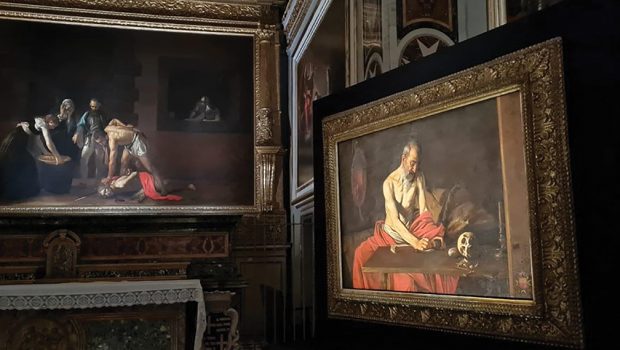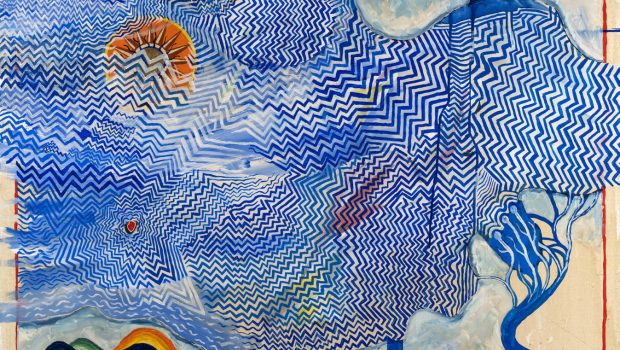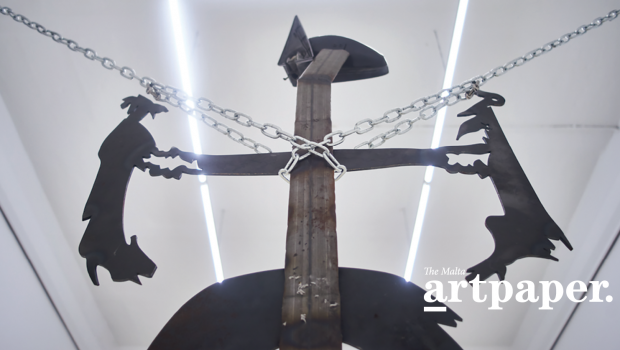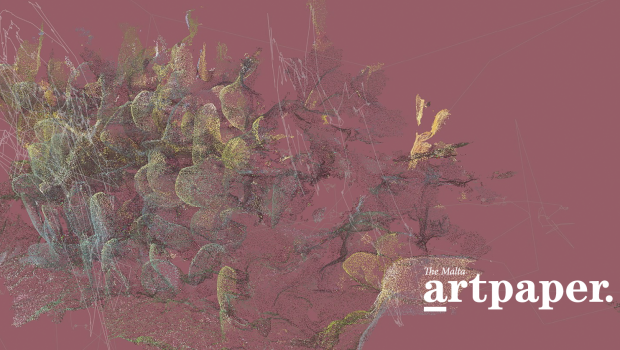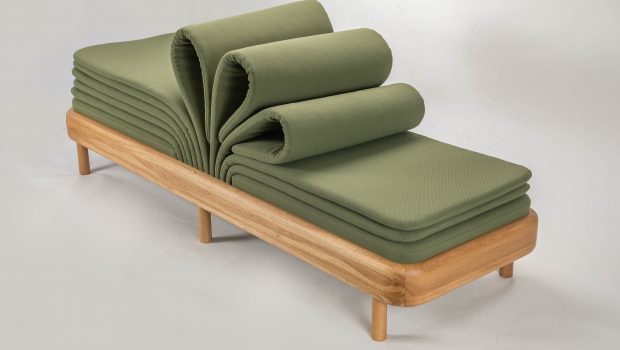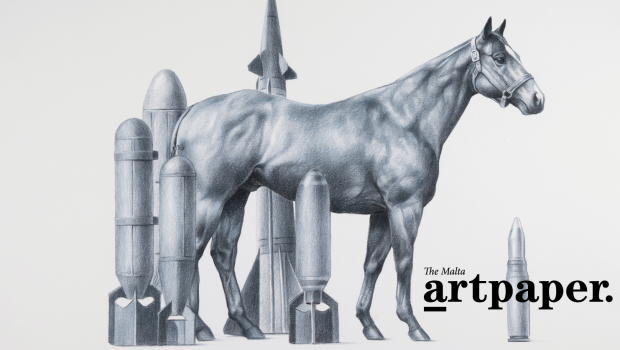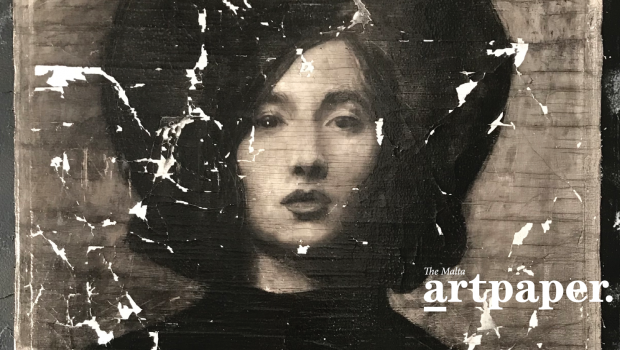Clubbing Report
Charlene Galea has been clubbing since 2000, and has travelled over a decade with her camera to document a globalised clubbing culture. We caught up with her to find out more about the pop-up show, Us, taking place just after Christmas.
Artpaper: Why clubbing? What is so important about it?
Charlene Galea: The clubbing experience is not just about going out at the weekend, but is a complex web of connections between people who will join together to share a journey that is both physical and emotional. Clubbers get ready, then meet with a group of friends at home or else in a bar. Once inside, individuals experience the clubbing scene on different levels: some to escape their everyday life, others to socialise, whilst others to dance in their own bubble just for the music. Then there’s the after-party where the crowd get smaller and more intimate. Afterwards, the clubbing experience continues with memories, shared photos and conversations with new friends.
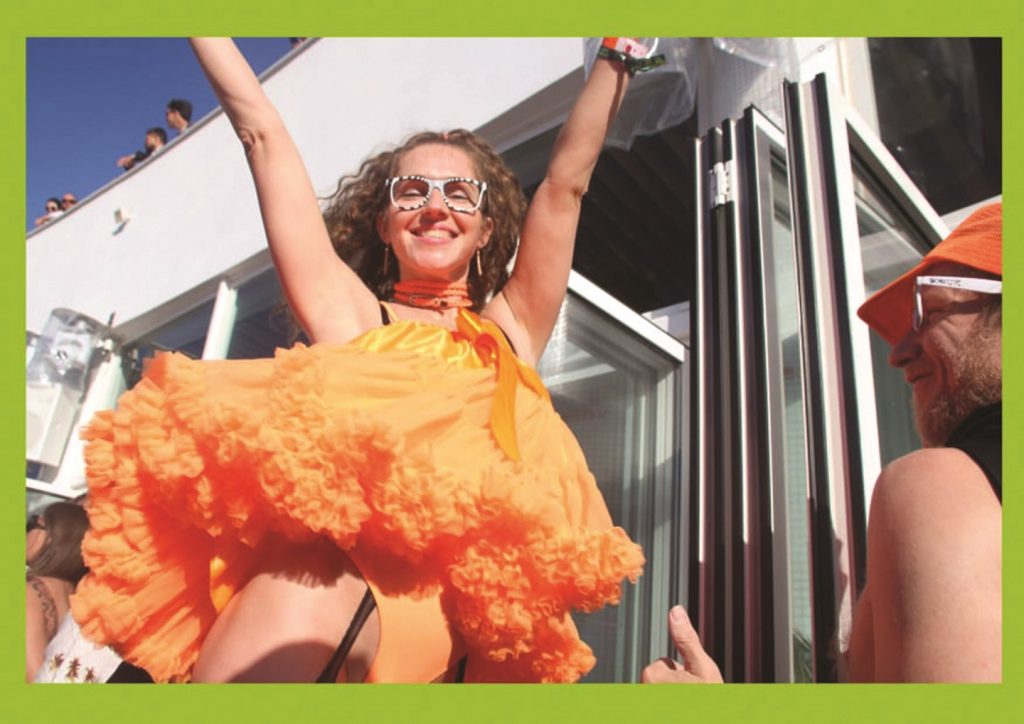
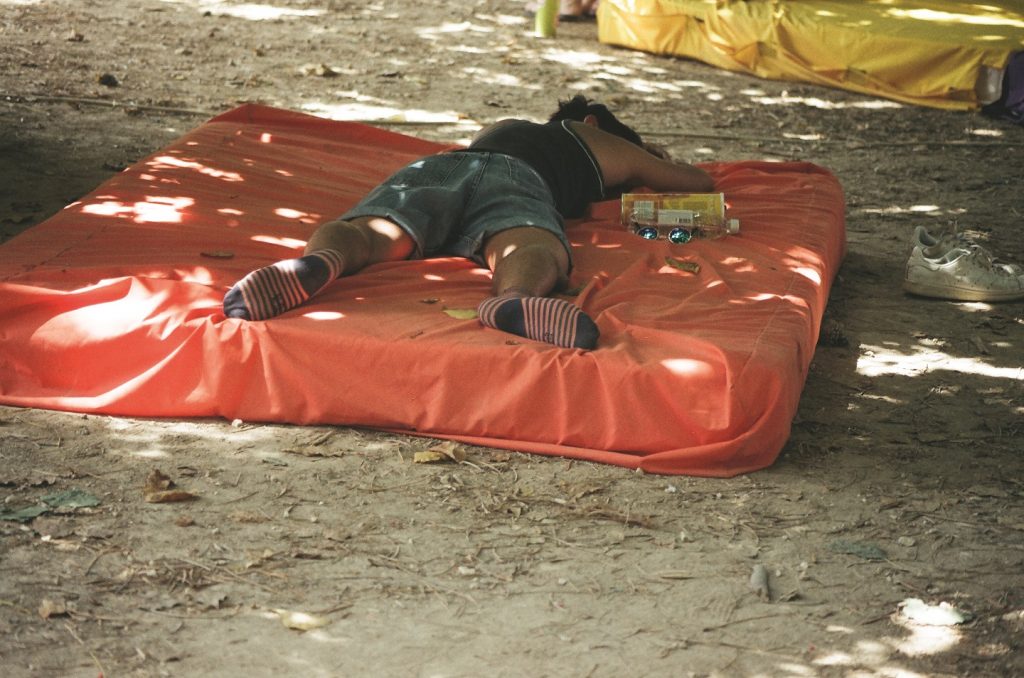
In London, I was exposed to an endless, intense club scene. A lot of my friendships and relationships from this time were formed while clubbing. Until I began my studies at the London College of Fashion, I would club simply as a clubber, but then I started to reflect on the club experience and to carry a small analogue camera to events. I documented friends and strangers – I’ll never forget the excitement of seeing the photos a month later. There was disappointment too, when the images came out as a blur, or badly composed – perhaps someone would have just moved in front of the camera at the last second! I mostly looked out for the emotional expressions of the clubbers – and for quirky outfits, since most my London College of Fashion projects were about identity and unusual happenings. I continued shooting and when I started to travel years later, I always looked out for a clubbing event to document – a bit like the Situationalists and their Happenings.
I ended up focusing on clubbing and fashion in my studies, both from a cultural and anthropological point of view. Communities within themselves are safe spaces of sharing and caring, however we are indeed living in modern times where individualism and capitalism runs the sense of connection and communication between each other. So, the clubbing adventure is much richer than just ‘getting wasted’ for sure!
Artpaper: Why now?
CG: The clubbing ritual can be compared to a modern healing ceremony. The sense of unity and sharing between clubbers brings back nostalgia of the sense of communities that have been lost over the years. But closed clubs have left many with no sense of belonging. We live on an island where space has been privatized, leaving many waiting for summer to go to the beach and for the weekend to go to the clubs, as this is all left for the body to experience.
But now the clubbing event has been cancelled for everyone. I was interested in the fact that people were posting on social media about how much they are missing the weekend and sharing memories from the year before. Ask anyone who loves clubbing how they feel since Covid started and you will get similar answers from most of them.
Through this whole exhibition I would like each person attending to take something back in memory – to keep the clubbing experience as a ritual, not a routine. This time will not last forever, so imagine how it will feel when clubs open again. Do not rush time, let this time arrive by itself, and let the right moment take you back into the experience.
Artpaper: What’s Next?
CG: My next opportunity will be a work as part of Art + Feminism at Spazju Kreattiv, where I will be performing live a story about female orgasms – this is a short story written by myself, combining some drama, dance and humour around the complex topic. After that I will be presenting a longer project called Backlog: How Long is Now – a combination of long walks and reflective journeys during Covid, most of which have been turned into a performance photography series called Locked In and Locked Out sessions.
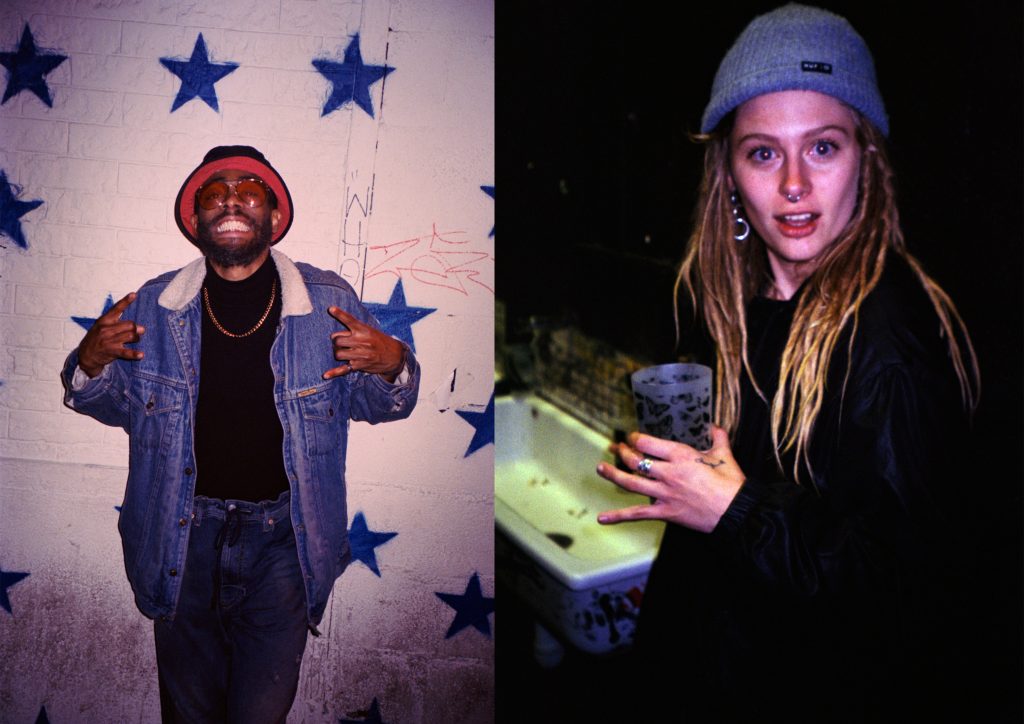
Us – an exhibition of clubbing photographs by Charlene Galea, curated by Margerita Pulè, will take place from 26 & 27 December 2020 in Cameron St, Gzira. More information on www.unfinishedartspace.org.

